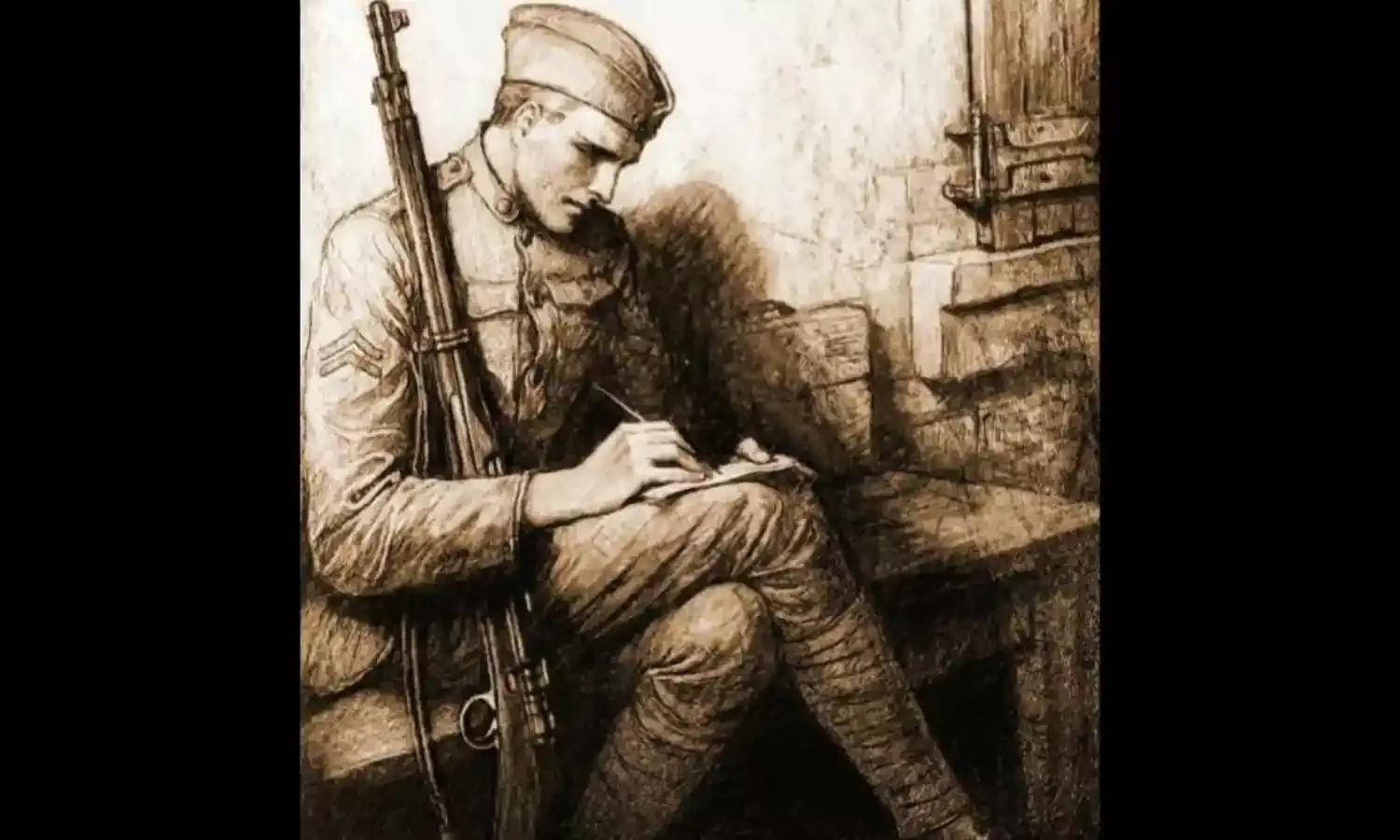A Letter to a Soldier
The vow of a soldier
Note: Major General SG Vombatkere wrote this letter to a young man who will soon be commissioned as an officer into the Australian Army. The names of the soon-to-be-commissioned Cadet and of his mentors have been changed.
Dear Thomas,
I know your mentors John and Jill Philips from their times in India. They informed me that you would be passing out of the Australian Military Academy, Duntroon, on 03 Dec, that guests and invitees are not permitted at your Passing Out Parade because of Covid, and suggested that I write to you even though you do not know me.
I recall how proud and excited I was when I passed out of the Indian Military Academy (IMA) at Dehra Dun (how similar it sounds to Duntroon!!) on 10 Dec 1962, to be commissioned as Second Lieutenant in the Indian Army.
So I can understand how proud you would be feeling on having successfully completed the tough training at RMC, Duntroon, and also how proud your parents and your mentors would be feeling on this momentous occasion. I congratulate you as you transform from being a Cadet to becoming a tough and strong professional soldier who will command troops.
When passing out of IMA, we take an oath to protect and defend the Constitution of India, and I am sure that you will do likewise on your Constitution. I mention this because you must never forget that your country comes first, even before your government, your national leaders or your military leaders, and the values in your Constitution must ever be upheld come what may, even to the peril of your life. Because that is the vow of a soldier.
I would quote the dictum that officers of the Indian Army follow, in the decisions which they take especially in situations of mortal danger to their men or themselves:
The Safety, Honour and Welfare of your Country come First, Always and Everytime;
The Honour, Welfare and Comfort of the Men you Command come Next;
Your own Ease, Comfort and Safety come Last, Always and Everytime.
The sequence of country first, command next and self last is every bit as important as the sequence of the imperatives of safety, honour, welfare, comfort and ease, which are different for your country, for your men and for yourself as their leader.
There is also the prayer of a soldier, which I value the most, before going into battle:
Oh God, give me the strength that I ask nothing of you!
You are entering an honourable profession, the profession of the soldier. A soldier is not a mercenary, purchaseable by the highest bidder – he is a proud upholder of moral and ethical values.
In battlefield situations, the young officer leads from the front, setting an example to his troops. He will know and feel fear, but he will never show it. Physical courage is nothing but overcoming fear. Fear is overcome by a combination of confidence in your own training, in your training with your troops, in the teamspirit and mutual trust and respect that a leader builds with his men, and knowing that you are fighting for a just and good cause.
Battlefield situations calling for physical courage are not frequent, thankfully! But you will be in situations frequently calling for a much more important kind of courage – moral courage. I know of soldiers who have displayed amazing physical courage under enemy fire in their younger days (some even awarded for gallantry), failing in moral courage later in life.
I understand moral courage as “speaking truth to power”. However, one needs to note that when one speaks truth to power, that truth must always be spoken respectfully and with due deference to rank, age and position. In this connection, I would strongly recommend that you read a book which I have recommended to many young officers and even to senior officers. It is a Taylor & Francis publication titled “On the Psychology of Military Incompetence” by Norman Dixon – it could well be the first book which you purchase with your first pay!
I believe that earning the respect of the men under your command is far more valuable than the respect of your peers or your seniors. Rising in respect is far better and more valuable than rising in rank. The men under command see through any airs which a young officer fresh from the Academy may display, far more quickly and accurately than one’s peers. So above all, be truthful to yourself and all will go well with you.
Finally, the most important advice which I can offer you is that it is your own responsibility to maintain yourself physical fit, mentally alert, professionally sound, emotionally stable and spiritually sensitive. If you can do that, in the words of Rudyard Kilping in his poem ‘IF’, you’ll be a Man, my son!
I hope you will not take amiss my giving you so much unasked for advice!
As an old soldier, a senior Veteran, I send you my blessings and good wishes for a happy and successful career of honourable soldiering.
May there be peace and harmony in this world! Aum, shanti, shanti, shantih!
Sudhir Vombatkere
(Maj Gen S.G.Vombatkere, VSM, of the Indian Army)





